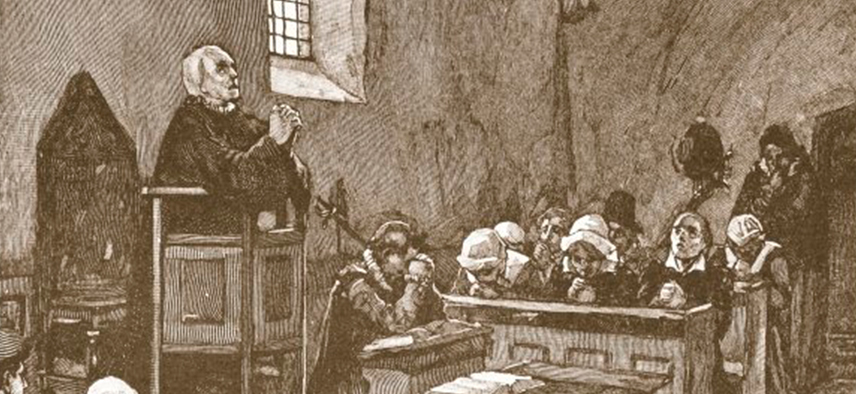The Puritans were called “doctors of the soul. ” They received this nickname because Puritan ministers were experts in discerning different situations and experiences of the soul. Puritan pastoral care, set in a classical pastoral care, from the late sixteenth to the nineteenth century, recognized three contexts for the causes of “depressions”. These causes have been grouped into:
(1) circumstantial;
(2) constitutional, with an emphasis on so-called “melancholy disease”;
3) and spiritual
Generally speaking, this was Charles H’s three-way Puritan approach. Spurgeon (1834?1892).
Puritans have worked extensively with the hippocratic-galanic concept of melancholy, preached and wrote extensively about it. Melancholy’s standard puritanical work was written by Pastor Timothy Rogers (1658–1728), “Problems of mind and the sickness of melancholy?”(Afflictions of the mind and diseases of melancholy). This book, published in 1691, became a reference for puritans; men like Jonathan Edwards, Charles Spurgeon and Princeton theologians have quoted him extensively, either in the pulpit, in the chair or in the books. Even in the twentieth century, D. Martyn Lloyd-Jones (1899–1981), Puritan’s heir to theology and pastoral care, and the physician of formation, reproduced Rogers’ concepts when he preached and wrote about the third causal context: spiritual depression.

